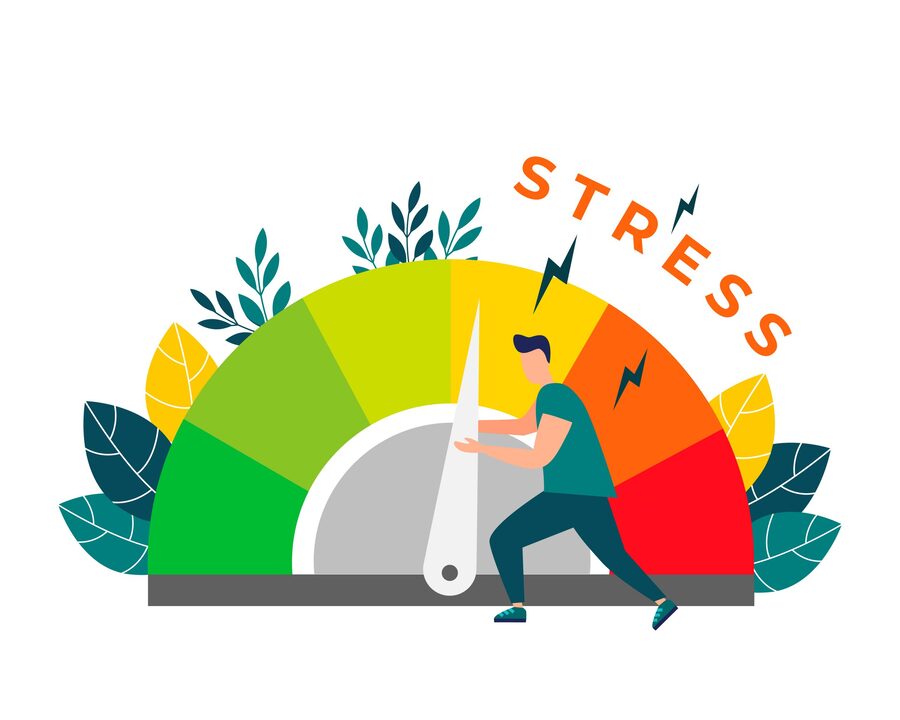
Stress Awareness and Management: Finding Balance in a Hectic World
Stress is an inevitable part of life. Stress can affect us all, whether it’s the pressure of meeting work deadlines, managing personal relationships, or coping with unexpected challenges. However, how we perceive and manage stress can make a major difference in our overall well-being. In this article, we’ll explore the importance of stress awareness and effective management strategies to help you find balance in a hectic world.
The Importance of Stress Awareness
- 1. Recognizing the Signs
Stress can manifest in various ways, both mentally and physically. Common signs of stress include anxiety, irritability, insomnia, muscle tension, headaches, and changes in appetite. Being aware of these symptoms is the first step in managing stress effectively.
- 2. Impact on Health
Stress can negatively affect your health and it leads to issues such as high blood pressure, heart disease, and a weakened immune system. It can also affect the mental health problems like depression and anxiety. Understanding the potential health consequences of stress underscores the importance of addressing it proactively.
Strategies for Stress Management
Begin by identifying the sources of your stress. Is it work-related, personal, or a combination of factors? Pinpointing the specific stressors in your life can help you develop targeted strategies to address them.
2. Practice Mindfulness and Relaxation
Mindfulness techniques, like meditation & deep breathing exercises, can be powerful tools for managing stress. These practices help you stay present in the moment, reducing anxiety about the past or future. Incorporating relaxation exercises into your daily routine can calm your mind and promote a sense of tranquility.
3. Time Management
Effective time management can significantly reduce stress. Organize your tasks, set priorities, and establish a realistic schedule. Avoid overloading yourself with commitments and learn to say no when necessary.
4.Stay Active
Regular physical activity is a natural stress reducer. Exercise releases endorphins, which are also known as “feel-good” hormones. Whether it’s going for a run, practicing yoga, or taking a brisk walk, find an activity you enjoy and make it a regular part of your routine.
5.Seek Social Support
Don’t underestimate the power of social connections. Talking to friends or family members about your stress can provide emotional support and fresh perspectives. Sharing your feelings can also be cathartic.
6.Set Realistic Goals
Perfectionism can also be a major source of stress. Instead of aiming for perfection, set achievable, realistic goals for yourself. Accept that you’re not superhuman and that it’s okay to make mistakes.
7.Consider Professional Help
If stress becomes overwhelming and begins to impact your daily life, don’t hesitate to seek professional help. Therapists, counselors, & support groups can provide valuable guidance and coping strategies.
Conclusion
Stress is an inevitable part of life, but it doesn’t have to control your life. By increasing your stress awareness and adopting effective stress management strategies, you can regain a sense of balance & improve your overall well-being. Remember that handling stress is an ongoing process, and it’s essential to prioritize self-care in your daily routine. Your mental & physical health will thank you for it.






